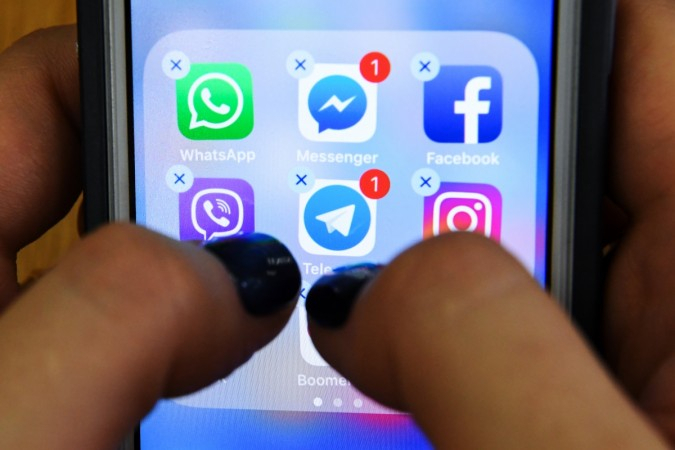
In a shocking news to all those who never feared using WhatsApp known for its encrypted features, here comes a news that the platform was, indeed, vulnerable for many government agencies and those who could buy a spyware from the Israeli cyber security firm NSO Group.
The spyware came in the form of a bug in WhatsApp's audio call feature, which helps spy agencies to trace whether the device being called has actually answered it or not. Realising the flaw, WhatsApp said it has fixed the vulnerability and urged its 1.5 billion users to upgrade the app immediately.
"WhatsApp encourages people to upgrade to the latest version of our app, as well as keep their mobile operating system up to date, to protect against potential targeted exploits designed to compromise information stored on mobile devices," said the company in a statement.
The Israel-based, NSO Group that works for the government, told the Financial Times: "Under no circumstances would NSO be involved in the operating or identifying of targets of its technology, which is solely operated by intelligence and law enforcement agencies".
The NSO spyware called Pegasus, is the latest 0-day spyware that can own an updated iPhone and was used to spy on high valued targets such as journalists, activists, political opponents. It was sold or made available to state intelligence agencies to collect intimate data from a target device.
WhatsApp hopes that the spyware was targeted on a few devices but said, "This is, as you can imagine, an extremely severe security hole, and it is difficult to fix the window during which it was open, or how many people were affected by it." Reports, however, said the Pegasus spyware has been identified in 45 countries infecting Android and iPhones.
How to check whether your smartphone device has Pegasus spyware installed? See this video:









